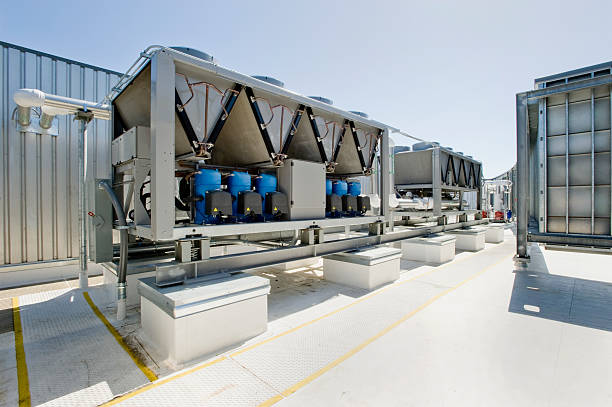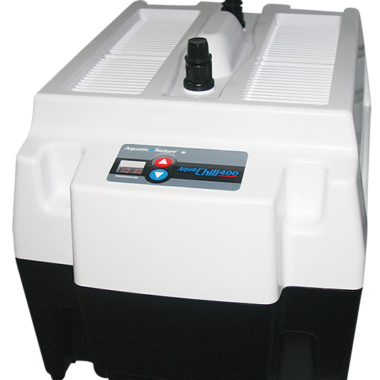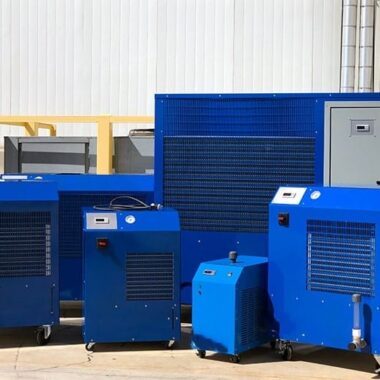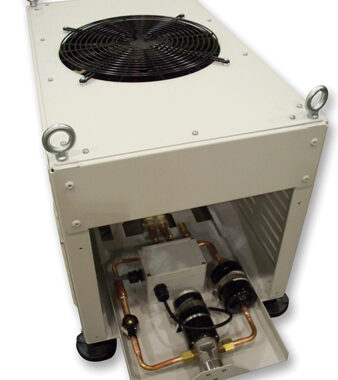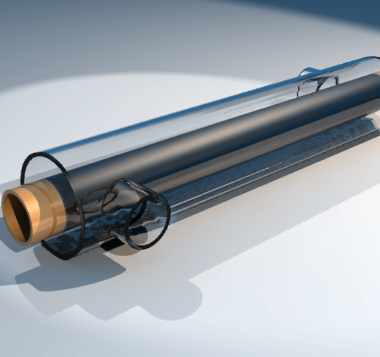Selecting the Best Chiller for Brewery and Beverage Industries
Introduction
In the brewery and beverage industries, precise temperature control is vital to ensure product quality and consistency. Chillers play an essential role in maintaining these temperatures throughout various stages of production, from fermentation to storage. Selecting the right chiller can directly impact the efficiency of your operations and the quality of your beverages. This guide will walk you through the key factors to consider when choosing the best chiller for your brewery or beverage facility.
What is a Chiller?
A chiller is an industrial cooling system that removes heat from a liquid (typically water or a glycol-water mixture) and circulates it through a cooling loop to control temperatures. In breweries and beverage plants, chillers are used to cool wort, fermentation tanks, and other equipment. This temperature control is crucial for preventing spoilage, optimizing production processes, and ensuring that the final product meets the desired quality standards.Types of Chiller and Its Features
Understand the Cooling Requirements
- Determine Specific Cooling Needs: Each stage of the brewing and beverage production process has unique cooling requirements. For instance, fermentation requires consistent low temperatures, while wort cooling demands rapid temperature reduction. Identify the specific cooling needs for each stage to ensure that the chiller you choose can handle the entire production process effectively.
- Temperature Range and Cooling Capacity: Consider the temperature range that needs to be maintained and the cooling capacity required to ensure consistent production. The chiller should have the ability to maintain precise temperatures to avoid any fluctuations that could affect product quality to selecting the chiller.
Choose the Right Chiller Type
- Air-Cooled vs. Water-Cooled Chillers: Air-cooled chillers dissipate heat using air, making them ideal for facilities with limited water access or where water conservation is a priority. Water-cooled chillers, on the other hand, are more efficient in larger operations and environments where water is readily available. They offer better cooling performance but require a consistent water supply.
- Glycol Chillers: Glycol chillers are the preferred choice in breweries due to their ability to maintain lower temperatures more effectively. Glycol is an antifreeze solution that allows the chiller to reach temperatures below freezing, making it perfect for cooling fermentation tanks and maintaining precise temperature control.
Energy Efficiency Considerations
- Energy Efficiency Ratings: Chillers with high energy efficiency ratings can significantly reduce operational costs and lower your facility’s environmental impact. Look for chillers with energy-saving features, such as eco-friendly refrigerants and advanced heat exchangers for selecting the chiller.
- Variable Speed Compressors: Consider chillers equipped with variable speed compressors, which adjust the cooling output based on the current demand. This feature can lead to substantial energy savings by preventing overcooling and reducing power consumption during off-peak times.
Capacity and Scalability
- Current and Future Needs: Choose a chiller that meets your current cooling demands but also allows room for future expansion. As your brewery or beverage facility grows, your cooling needs will increase. Selecting a scalable system can help you avoid costly upgrades down the line.
- Handling Peak Loads: Ensure the chiller can handle peak production loads without compromising performance. A chiller that operates efficiently under maximum load conditions will maintain consistent cooling, even during periods of high demand.
Material and Build Quality
- Corrosion-Resistant Materials: Breweries and beverage plants are demanding environments that can expose equipment to moisture and harsh chemicals. Opt for chillers made from corrosion-resistant materials, such as stainless steel, to ensure durability and longevity.
- Durability: The chiller you select should be built to handle continuous operation without frequent breakdowns. Durable components, such as high-quality pumps and compressors, can extend the lifespan of your chiller and reduce maintenance costs over time.
Maintenance and Serviceability
- Ease of Maintenance: Select a chiller that is designed for easy maintenance, with accessible components and clear maintenance procedures. This can reduce downtime and keep your production running smoothly.
- Local Service Support: Consider the availability of local service and support for your chiller. Having access to technicians and spare parts nearby can minimize downtime during repairs and ensure that any issues are resolved quickly.
Regulatory Compliance
- Industry Standards and Regulations: The chiller you choose should comply with industry standards and regulations for food and beverage production. These regulations ensure the safety, hygiene, and quality of your products.
- Safety and Hygiene Certifications: Look for chillers that meet relevant certifications, such as NSF (National Sanitation Foundation) or CE (Conformité Européenne) marks, which indicate that the equipment meets safety and hygiene standards.


